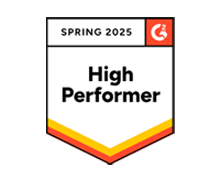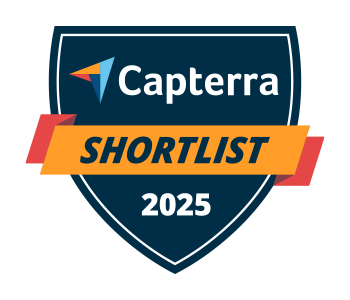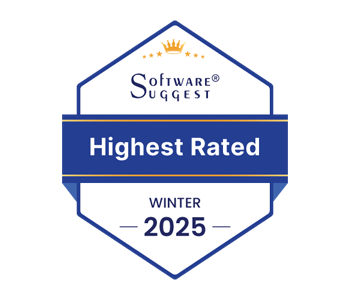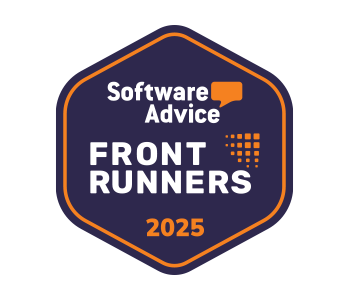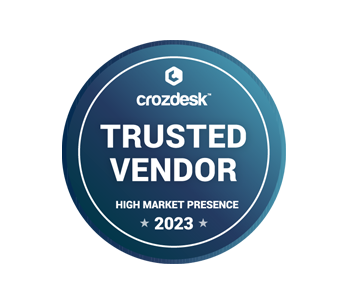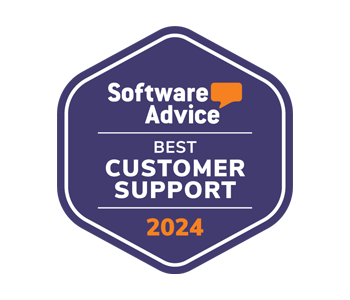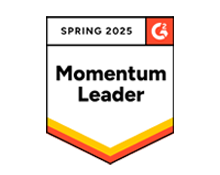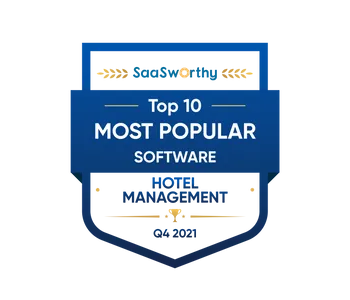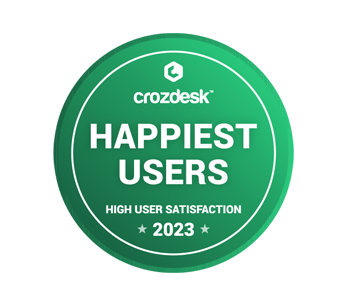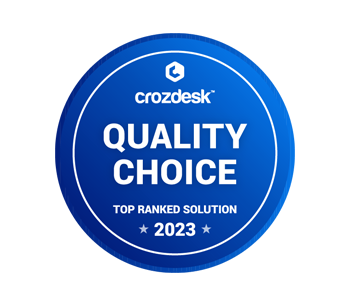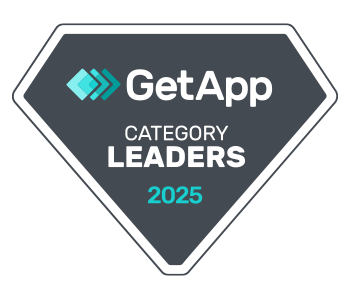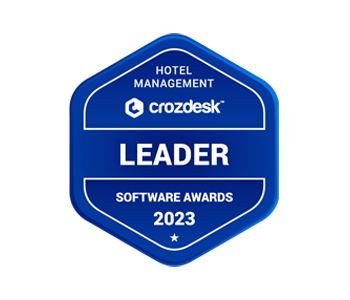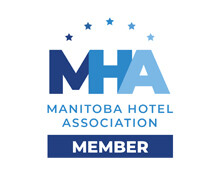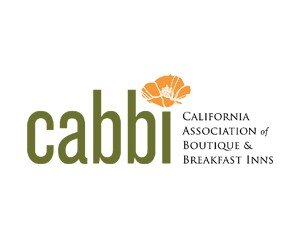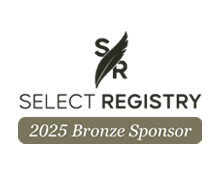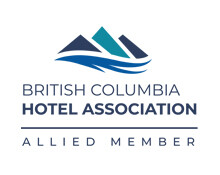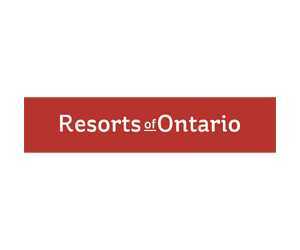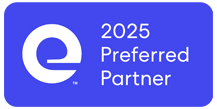Despite increased efficiency, scalability and profitability that cloud technology brings to hospitality businesses, many hotels are still running on outdated legacy systems—or, believe it or not, pen and paper.
We all have our reasons for making the decisions we make, but to approach the case for the cloud from a different angle, here are three things hotels can’t do without a cloud property management system (PMS).
Can’t Make Your Data Work For You
If you’re working with separate standalone systems or with manual ones (ledgers and spreadsheets) you probably feel a bit like a slave to your data. Manually cross-checking and compiling data from multiple sources is a time-consuming, error-prone process.
Without automated, integrated systems, hotels commonly suffer double bookings, under booking, rate and billing errors, slow check-ins and check-outs, and, ultimately, low customer satisfaction. With data stuck in silos or hardcopy, workflow and customer service are uninformed and disjointed.
When data is unified, the picture is very different. A PMS that shares information between departments and systems automates data workflow, eliminating the need for staff to manually duplicate data across those systems.
Through APIs (application programming interfaces), cloud PMS connect to other hotel systems (CRM, POS, online distribution channels, revenue management systems, mobile messaging platforms, electronic locking systems, room automation solutions, call accounting systems and more), consolidating data to automate administrative processes and improve the guest experience. Essentially, data integration allows systems to talk to each other so you don’t have to be the middleman.
Let’s look at some examples. When a PMS is integrated with a POS system, call accounting software or in-room entertainment platform, charges for restaurant meals, long-distance calls, and pay-per-view are applied to guest folios automatically, saving manual administrative time and improving billing accuracy. Integration with payment gateways and electronic locking systems allow payment acceptance and key coding to be facilitated directly through the PMS (instead of requiring staff to manually enter data into the credit card terminal or locking system) for a faster and more secure check-in process.
OTA, GDS and channel manager integrations allow you to conveniently manage rates and availability for all connected channels at once directly through your PMS, rather than updating each channel one by one, duplicating data each time. Integrations with CRM and guest engagement solutions can automate routine guest communications and heighten personalization.
In short, system integration automates data workflow for enhanced efficiency, accuracy and service. When the data takes care of itself, you have more time to focus on your guests.
Can’t “Mobilize” Your Front Desk
One of the most celebrated advantages of a cloud PMS is being able to access your data from anywhere, any time. Unlike legacy systems, which chain staff to the front desk (where the only access point for completing front-office tasks is the front-desk computer on which the PMS software is physically installed), cloud PMS are deployed online, conveniently accessible to authorized users via any computer or mobile device connected to the internet.
With a cloud PMS, managers can log in when they’re away from the property to generate reports, update room rates, or provide off-site assistance to on-site staff as needed. Accessing PMS data on the go via a mobile device, on-site staff can look up reservation folios, enter bookings, log and action guest requests, update housekeeping room status, and even check guests in—all without returning to the front desk, maximizing time and efficiency.
Using a cloud PMS, modern hoteliers can essentially take the front desk with them wherever they go to serve guests better and manage their business more effectively.
Can’t Stay Competitive
Legacy PMS require expensive licences and upgrades that do not inspire hotels to keep their systems up to date, eventually resulting in obsolete software that holds business back.
Key to remaining competitive in any industry is implementing current and innovative technology that helps businesses keep up with consumer demand and behaviour, like the desire for self-service options and personalization.
From improving mobile functionality to developing new integrations, cloud PMS are constantly evolving in an ongoing mission to improve operational efficiency, profitability and the guest experience for lodging operations. Technology that unifies and mobilizes data will put a hotel ahead of another employing systems that trap data in silos and staff behind the front desk.
Properties running on cloud technology usually enjoy standard feature updates and system upgrades free of charge as new features and upgrades are quick and easy to deploy online compared to legacy installations. This ease of deployment means that cloud solutions are easily scalable too, readily growing with your business, whether further rooms, locations or revenue streams are added.
Through connectivity, constant innovation and scalability, cloud PMS give lodging operations a sharp competitive edge that keeps them ahead of the game.
Still not convinced that a cloud PMS can help your business be more successful? Read 5 Ways a Cloud PMS Directly Increases Hotel Revenue next!







